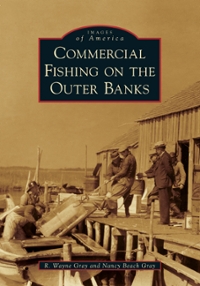Question
Suppose there are two firms that compete on prices. Thus, each firm chooses a price and then produces enough quantity to meet the demand it
Suppose there are two firms that compete on prices. Thus, each firm chooses a price and then produces enough quantity to meet the demand it faces, given the prices chosen by both firms. Assume that if the prices chosen by the firms are different, then all consumers purchase the good from the firm with the lower price. The firm with the higher price receives no demand and produces no output. If both firms set the same price, they
split the demand equally at that common price. Suppose the marginal cost of production for both firms is identical and constant, i.e. c. Further, the demand at price p is D(p) and profits, given by (p) = (p c)D(p), are maximised at the monopoly price pm. Now, let the strategy of firm i where i = 1, 2 in the infinitely repeated game be:
-charge pm in the first period.
-charge pm subsequently as long as the other firm continues to charge pm and punish any deviation from pm by the other firm by choosing c for k periods, and then reverting to pm.
Given any value of , where (0, 1) is the discount factor, for what value of k is this strategy a Nash equilibrium of the infinitely repeated game? [15]
Step by Step Solution
There are 3 Steps involved in it
Step: 1

Get Instant Access to Expert-Tailored Solutions
See step-by-step solutions with expert insights and AI powered tools for academic success
Step: 2

Step: 3

Ace Your Homework with AI
Get the answers you need in no time with our AI-driven, step-by-step assistance
Get Started


